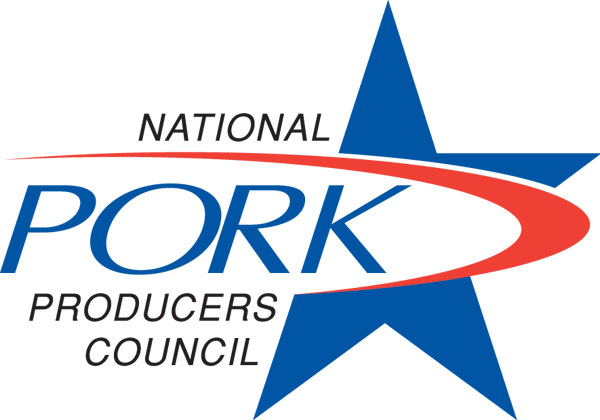August 28, 2013

The National Pork Producers Council (NPPC) and Cargill led an ad hoc coalition of agricultural and food organizations in communicating to U.S. trade negotiators the core principles for a final, successful Trans-Pacific Partnership (TPP) trade agreement.
The 19th round of negotiations on the TPP concludes this week in Brunei Darussalam. The regional trade talks include the United States, Australia, Brunei, Canada, Chile, Japan, Malaysia, Mexico, New Zealand, Peru, Singapore and Vietnam.
Like what you’re reading? Subscribe to the National Hog Farmer Weekly Wrap Up newsletter and get the latest news delivered right to your inbox every week!
In a July 15 letter to U.S. Trade Representative Mike Froman and U.S. Agriculture Secretary Tom Vilsack, the coalition of 37 agricultural and food organizations presented a set of principles to ensure that the TPP negotiations “fulfill the promise of a high-quality agreement that can serve as a standard for future trade agreements.” The group said a final TPP agreement must:
Cover all elements of trade and investment, including agriculture, goods, services, digital trade, competition policy and intellectual property.
Not include product or sector exclusions, including in agriculture. Exclusions would limit opportunities in each of the member countries to reach new markets, grow businesses and generate economic growth and jobs.
Phase out all tariffs and other market access barriers by the end of the negotiated transition period. Transition periods must have commercially meaningful timeframes, which should be short and not back-loaded.
Include robust outcomes on sanitary-phytosanitary (SPS) issues. SPS measures also must be supported by risk-based scientific decision making, regulatory convergence and equivalence.
Include a “Rapid Response Mechanism” to resolve issues with perishable and time-sensitive shipments of agricultural products held up as a result of SPS and technical barriers to trade.
Include an enforcement mechanism for trade obligations that go beyond those in the World Trade Organization. Failure to include such a mechanism would render new TPP disciplines valueless.
Be a single undertaking. All elements of the negotiation, including tariff and nontariff SPS measures, must be part of an indivisible package and cannot be agreed upon separately.
“The TPP represents the single most important trade negotiation ever for the U.S. pork industry and for most of U.S. agriculture,” says NPPC President Randy Spronk, a pork producer from Edgerton, MN “But for it to be a comprehensive, high-quality 21st century agreement, it must include all sectors, address SPS issues and tariffs and be enforceable. TPP can be a win-win for all the countries involved if it meets those criteria.”
Click here to read the letter.
You might also like:
Extreme Heat, Scarce Rainfall Could be Hard on Crops and Production Costs
Pondering the Zilmax Controversy, Pork Demand and Feed Cost Expectations
You May Also Like



